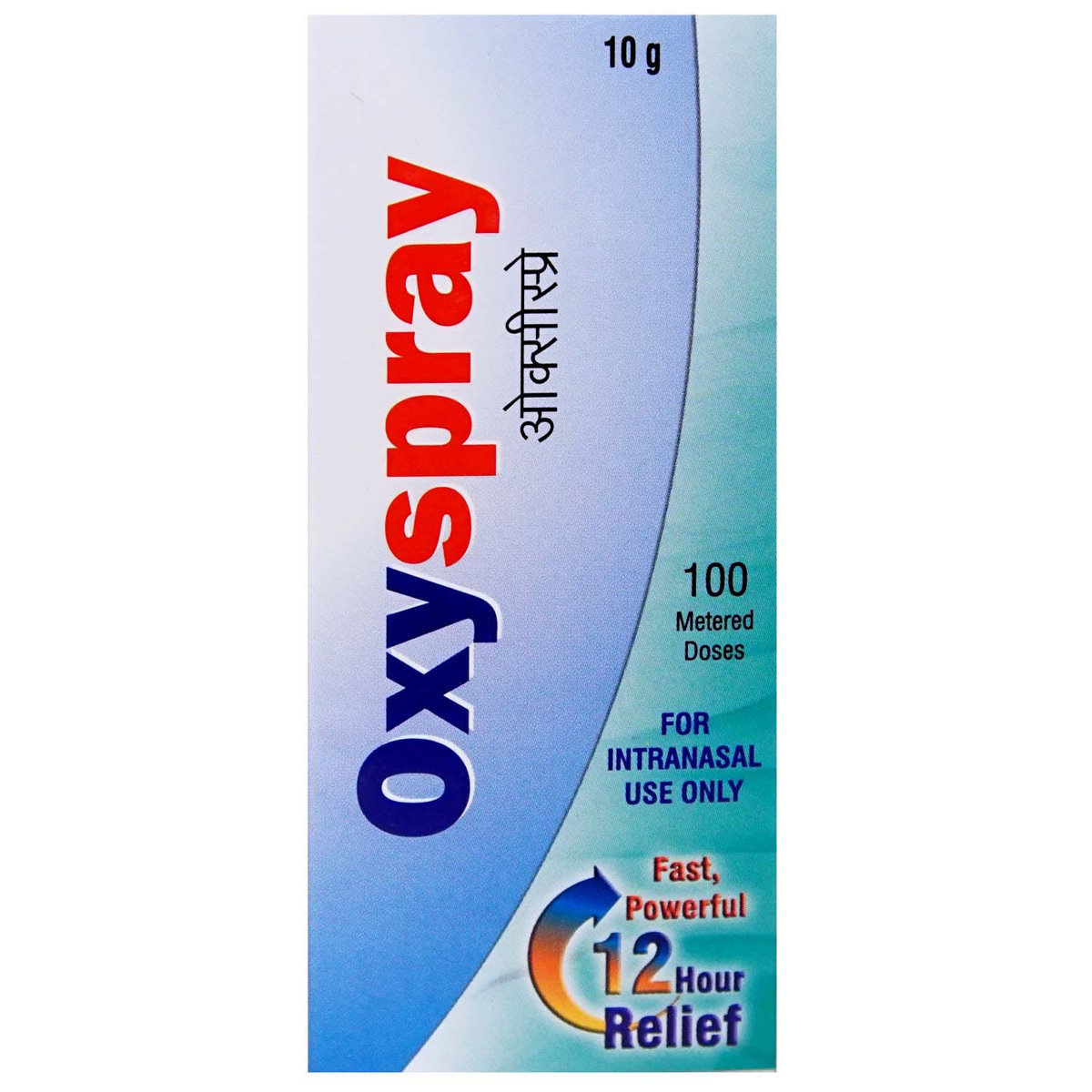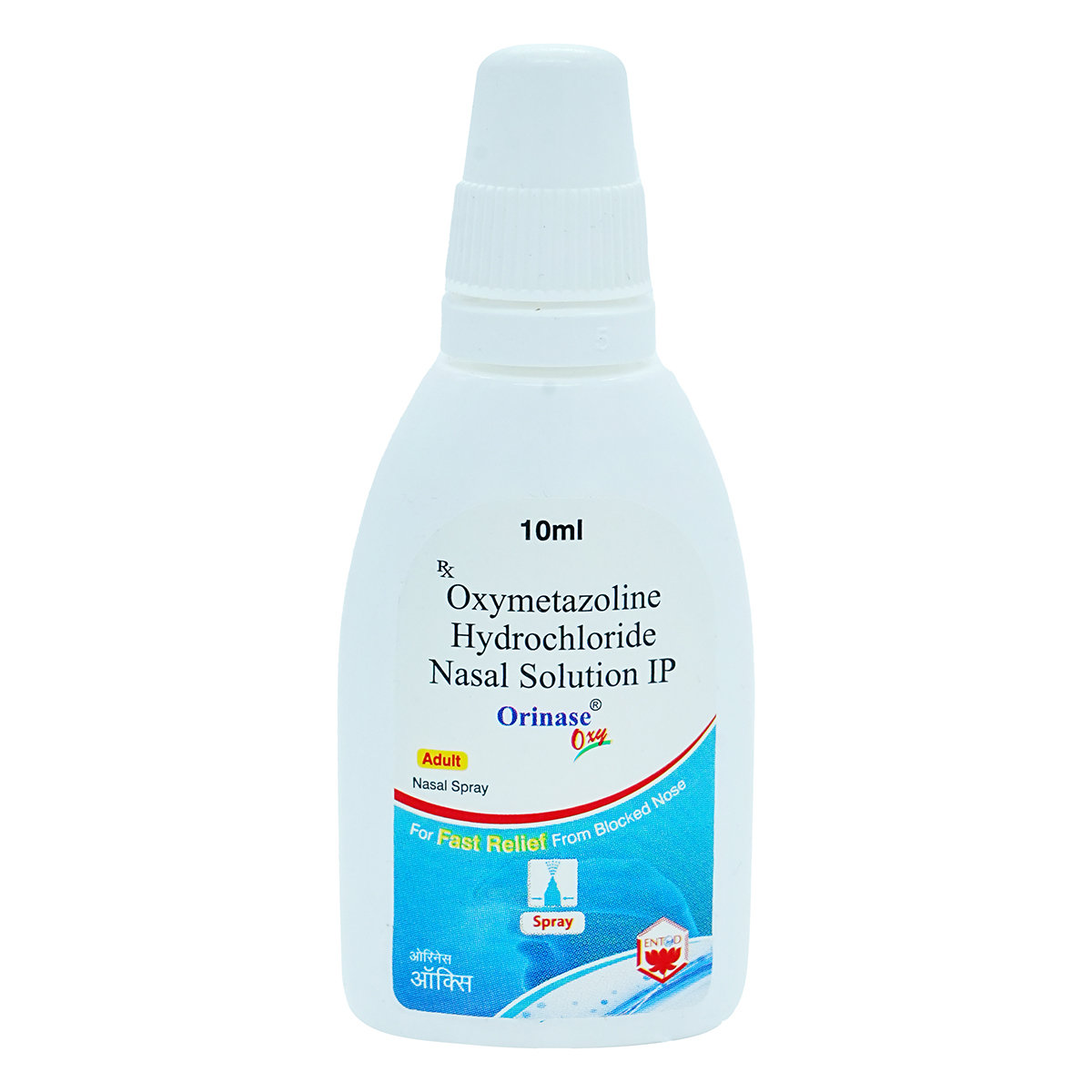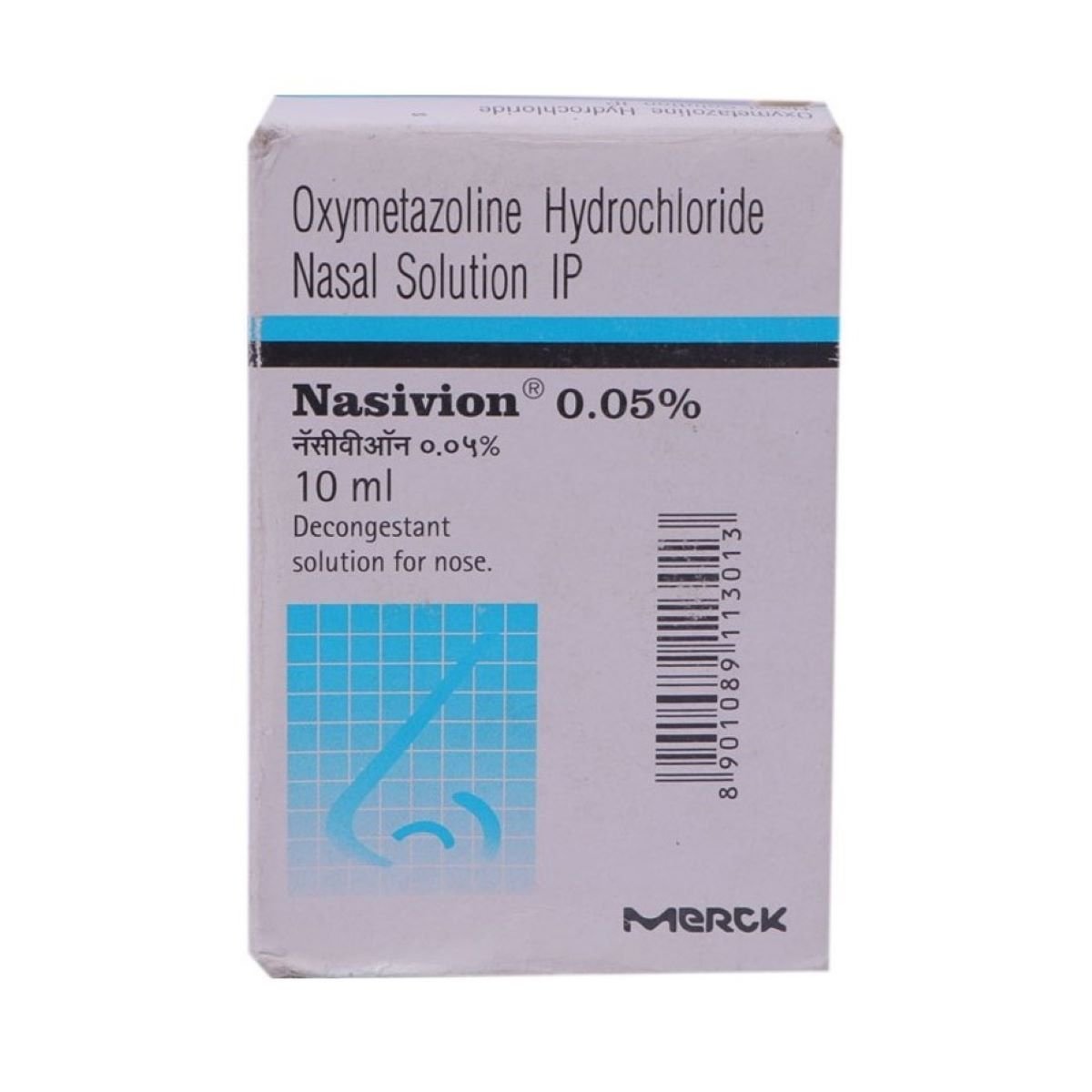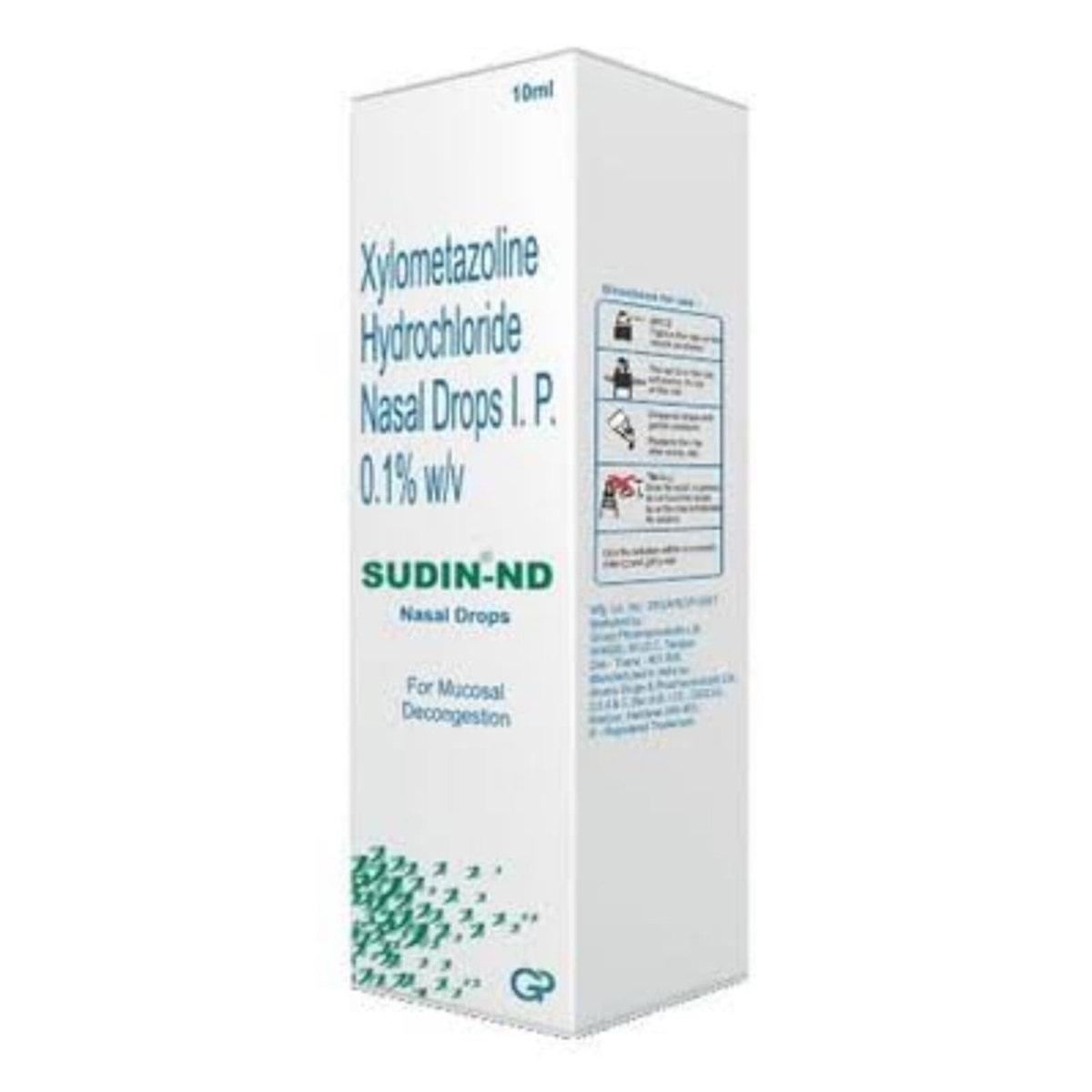Oxymetazoline
About Oxymetazoline
Oxymetazoline belongs to the class of medications called ‘alpha1A adrenoceptor agonists’ used in the treatment of ongoing facial redness caused by rosacea (a skin disease that causes redness and pimples on the face). Rosacea is a condition characterized by small, red-coloured, pus-filled bumps on the face.
Oxymetazoline contains ‘oxymetazoline’ that works by narrowing the blood vessels in the face and reducing blood flow to the swollen tissue in the skin. This effect helps in reducing inflammation and alleviating the symptoms.
Use Oxymetazoline as advised by the doctor. Oxymetazoline is only for external use. Common side-effects of Oxymetazoline include pain, skin irritation, redness, itching or worsening of rosacea pimples. If you notice that these side effects persist or worsen, please consult your doctor.
If you are allergic to Oxymetazoline or any other ingredients, inform your doctor. Inform your doctor if you are pregnant or breastfeeding before using Oxymetazoline. Do not use other creams or moisturizers at the same time. Do not use it more often or in more doses than prescribed by your doctor. Do not apply to open wounds or irritated skin.
Uses of Oxymetazoline
Medicinal Benefits
Oxymetazoline contains ‘oxymetazoline’ that narrows the blood vessels and reduces blood flow to the swollen tissue in the skin. This effect reduces the inflammation alleviating the symptoms.
Directions for Use
Storage
Side Effects of Oxymetazoline
- Pain
- Skin irritation
- Redness
- Itching
- Worsening of rosacea pimples
Drug Warnings
If you are allergic to Oxymetazoline or any other ingredients, inform your doctor. Inform your doctor if you are pregnant or breastfeeding before using Oxymetazoline. Do not use other creams or moisturizers at the same time. Do not use it more often or in more doses than prescribed by your doctor. Do not apply to open wounds or irritated skin.
Drug Interactions
Drug-Drug Interactions: Inform your doctor about all your medications before using Oxymetazoline.
Drug-Food Interactions: Avoid spicy foods, hot drinks, red wine and other alcoholic beverages as these may trigger flare-ups.
Drug-Disease Interactions: Inform your doctor if you have had a stroke, Sjögren's syndrome (an immune system disorder), Raynaud's syndrome, scleroderma (chronic hardening and tightening of the skin), thromboangiitis obliterans (small blood vessels become swollen and inflamed), or if you have narrow-angle glaucoma, blood pressure, heart, blood vessel or blood circulation problems, open sores or irritated skin on the face.
Drug-Drug Interactions Checker List:
Safety Advice

Alcohol
consult your doctorYou are recommended to avoid alcohol consumption as it may trigger flare up. However, if you have any concerns regarding this, please discuss them with your doctor.

Pregnancy
consult your doctorOxymetazoline is a category C medicine. Your doctor will weigh the benefits and any potential risks before prescribing this medicine to you. Therefore, please inform your doctor if you are pregnant.

Breast Feeding
consult your doctorPlease consult your doctor if you are a breastfeeding mother. Your doctor will weigh the benefits and any potential risks before prescribing this medicine.

Driving
safe if prescribedOxymetazoline usually does not affect your ability to drive or operate heavy machinery.

Liver
safe if prescribedOxymetazoline is safe to use in patients with liver diseases if prescribed by a doctor.

Kidney
safe if prescribedOxymetazoline is safe to use in patients with kidney diseases if prescribed by a doctor.

Children
unsafeOxymetazoline is not recommended for children below 12 years of age as the safety and effectiveness were not established.
Habit Forming
Diet & Lifestyle Advise
- Avoid spicy foods, hot drinks, red wine and other alcoholic beverages as these may trigger flare-ups.
- Take care of your skin by using gentle cleansers and water-based, oil-free skin care products.
- Avoid products containing menthol, alcohol, exfoliating agents and witch hazel as these ingredients may irritate rosacea symptoms.
- Keep a journal of cosmetics you use on your skin and foods you eat as this helps to figure out what worsens your symptoms.
- Avoid direct sunlight and apply sunscreen.
- Using light treatment and lasers can help with some severe cases of rosacea.
Patients Concern
Disease/Condition Glossary
Rosacea: Rosacea, also known as acne rosacea, is a common skin condition characterised by small, pus-filled bumps on the face that are red and swollen. Heat, sunlight, hairspray, stress, alcohol, and spicy foods can all cause it. Fair-skinned middle-aged women are most commonly affected.
FAQs
Oxymetazoline contains 'oxymetazoline' that works by narrowing the blood vessels and reducing blood flow to the swollen tissue in the skin. This effect reduces the symptoms of rosacea.
Oxymetazoline may cause skin irritation as a common side effect. However, if the irritation persists or worsens, please consult a doctor.
Oxymetazoline does not cure rosacea. It only reduces the signs and symptoms of rosacea. The symptoms may come and go. There is no permanent cure for rosacea.
You are recommended to use Oxymetazoline only for as long as your doctor has advised it because using it for a longer duration will not improve your skin condition and may increase the risk of side effects.








